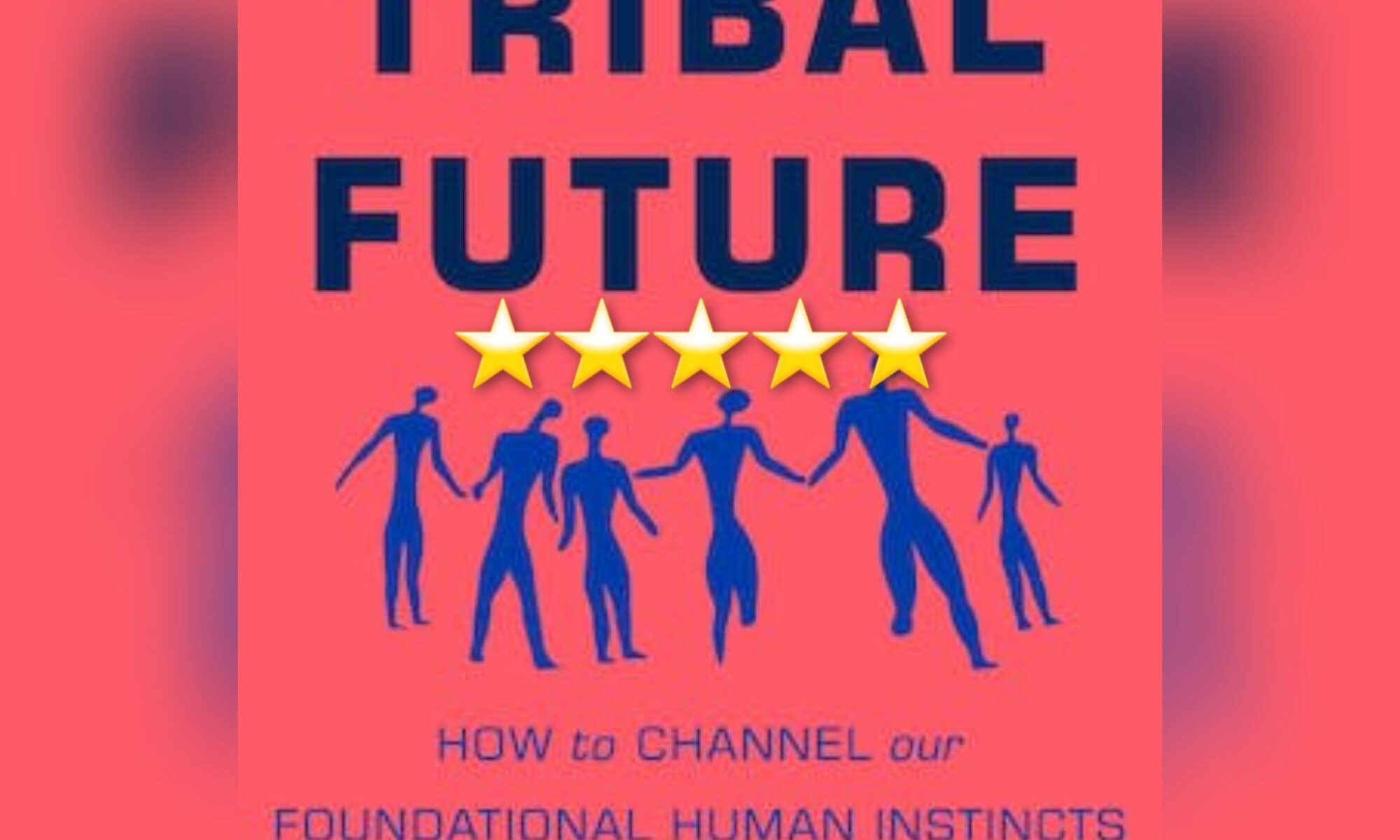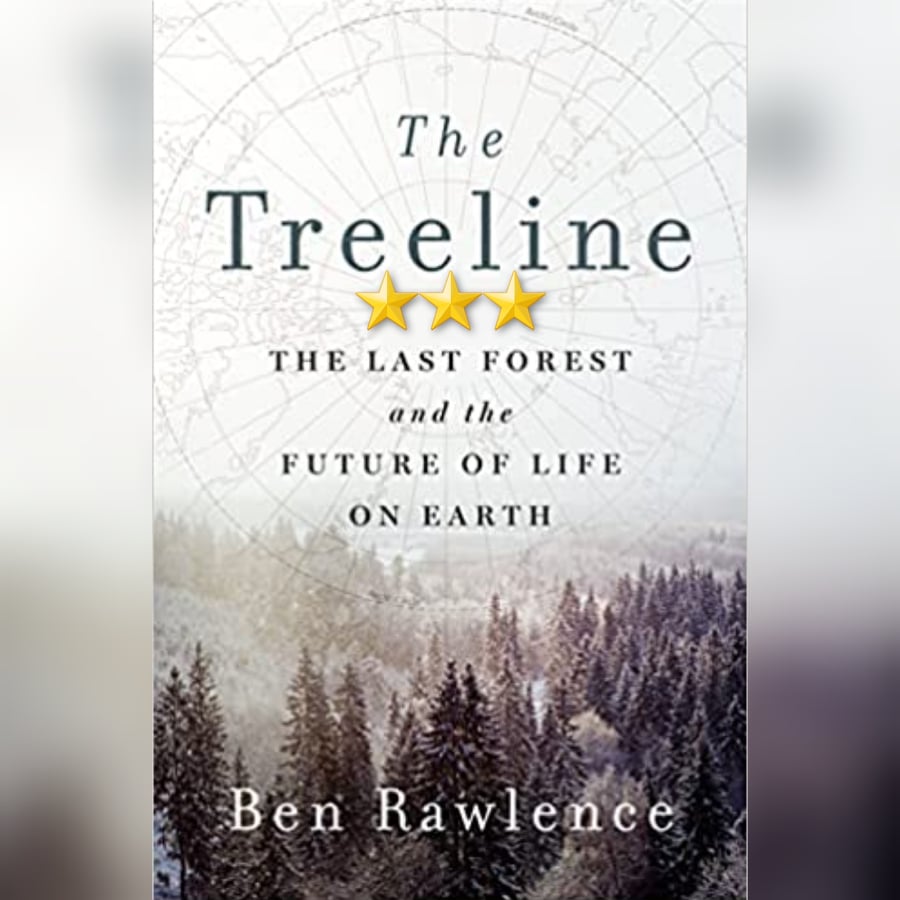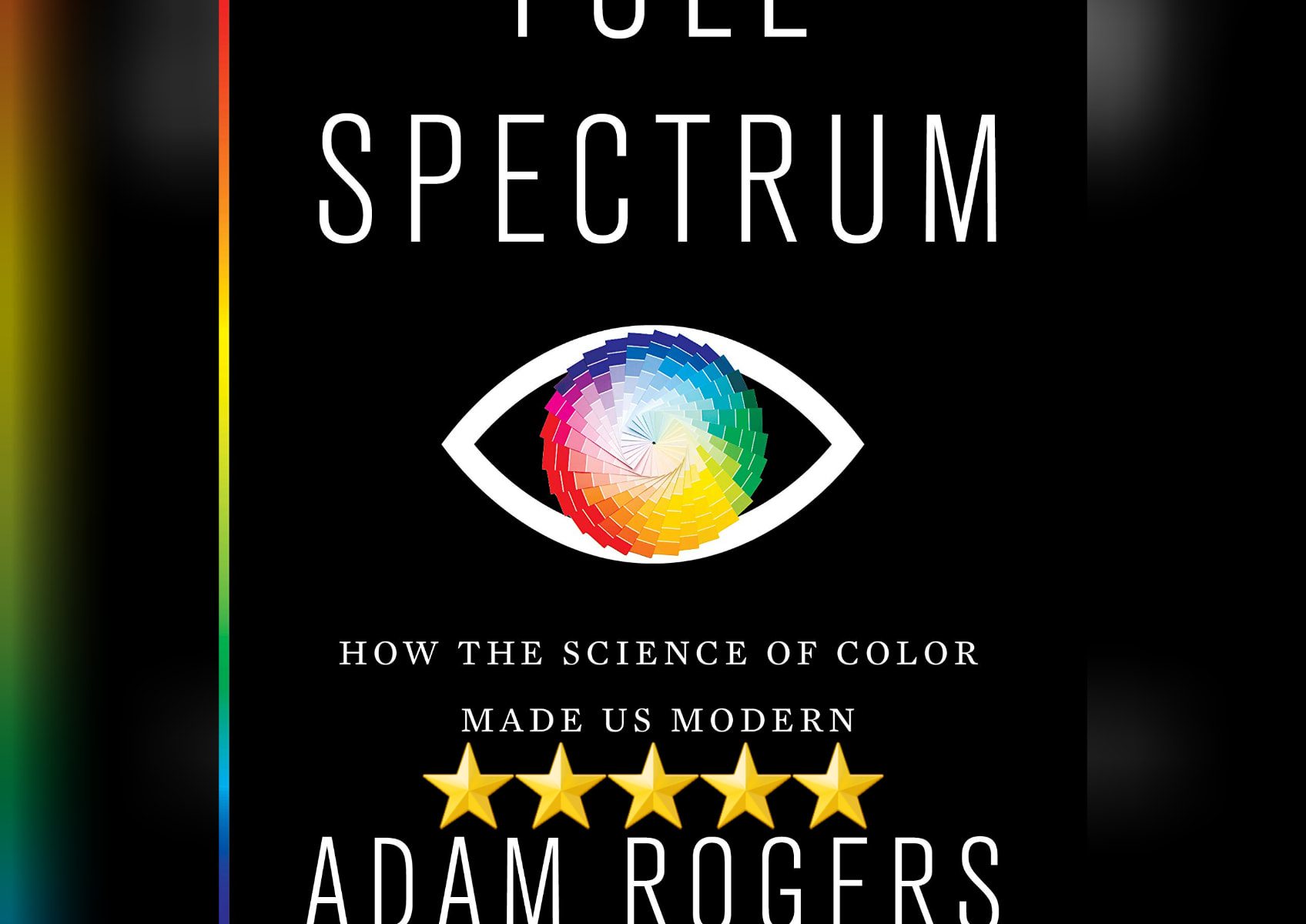Contempt Is The Dissolver Of Unions. Yes, that is a particularly memorable line from the book – and a warning. Here, Samson discusses the history, biology, and sociology of our “Tribe Drive” – ongoing and apparently bleeding edge research in all three fields – and shows how it has brought us to where we are… and how we can better utilize it to achieve a more peaceable and prosperous future for all. Yes, some of this book is a touch… out there… for some, such as Samson’s admitting to basing some of his thinking of this topic on his use of psychedelic mushrooms, peyote, and similar compounds. And yes, there are things here that partisans left and right will likely complain about – some legitimately, some less so. And yes, in ultimately recommending a form of at minimum confederation of federated governments – if not outright anarchism, which he discusses without ever using the term, yet never precludes that the groups he discusses could become official “governments” – perhaps Samson is even a touch idealistic. And yet, the documentation is solid at around 20% of the text (not counting footnote discussions at the end of each chapter, which may bump that to around 22-25% of the text). Further, the book lays bare in scientific terms that which I’ve largely understood and have been advocating at various points for the last 15 years or so, through my own active political activism days and into my efforts to promote reading and literacy now.
Overall an intriguing, thought out book and one that adds greatly to the overall conversation around groups, governments, coalitions, and politics, and thus one that anyone who seeks to truly understand and use these concepts truly needs to read and understand. Very much recommended.
This review of Our Tribal Future by David R. Samson was originally written on April 1, 2023.



